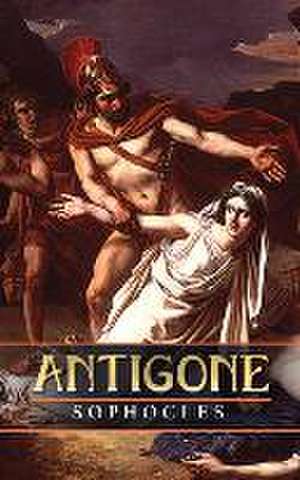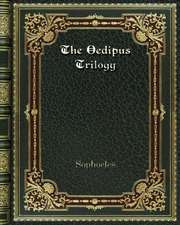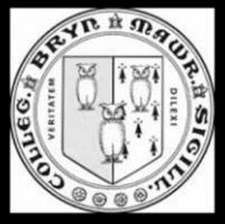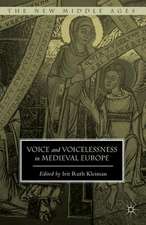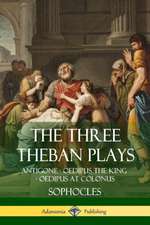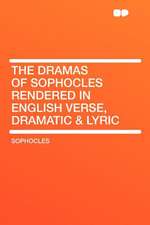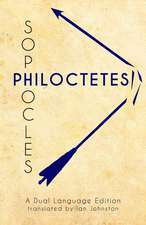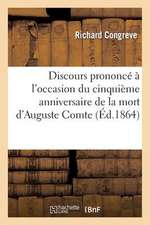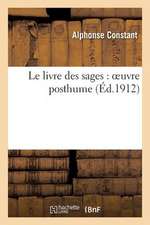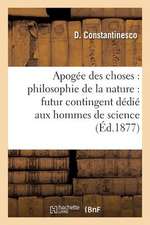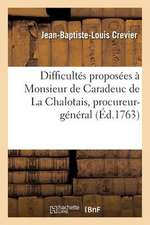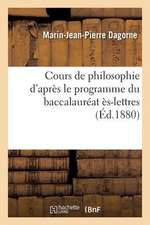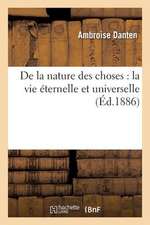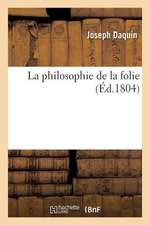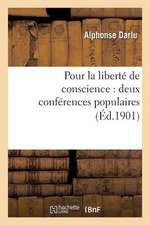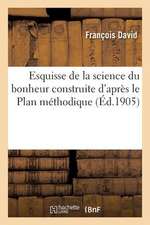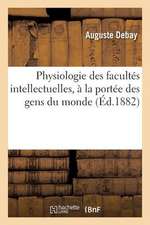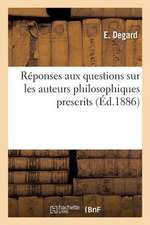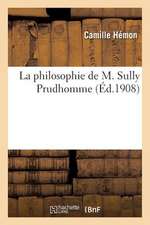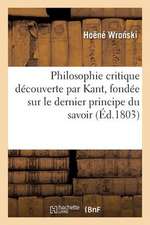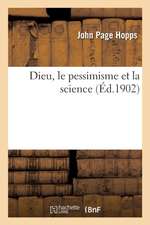Antigone
Autor Sophoclesen Limba Engleză Paperback – 14 iun 2023 – vârsta până la 17 ani
| Toate formatele și edițiile | Preț | Express |
|---|---|---|
| Paperback (9) | 45.11 lei 3-5 săpt. | |
| www.snowballpublishing.com – 12 noi 2018 | 45.11 lei 3-5 săpt. | |
| Simon & Brown – 19 aug 2013 | 51.69 lei 3-5 săpt. | |
| Oxford University Press – 9 apr 2008 | 71.32 lei 3-5 săpt. | |
| Oxford University Press – 18 oct 2007 | 76.67 lei 3-5 săpt. | |
| G&D MEDIA – 14 iun 2023 | 90.10 lei 3-5 săpt. | |
| Lector House – 23 ian 2020 | 67.03 lei 6-8 săpt. | |
| Simon & Brown – 26 sep 2018 | 78.58 lei 38-44 zile | |
| Broadway Play Publishing Inc – 27 apr 2017 | 79.61 lei 6-8 săpt. | |
| Maple Press – 2014 | 81.60 lei 6-8 săpt. | |
| Hardback (1) | 137.00 lei 38-44 zile | |
| Simon & Brown – 3 noi 2018 | 137.00 lei 38-44 zile |
Preț: 90.10 lei
Nou
Puncte Express: 135
Preț estimativ în valută:
17.25€ • 17.77$ • 14.56£
17.25€ • 17.77$ • 14.56£
Carte disponibilă
Livrare economică 10-24 februarie
Preluare comenzi: 021 569.72.76
Specificații
ISBN-13: 9781722503659
ISBN-10: 1722503653
Pagini: 102
Dimensiuni: 127 x 203 x 5 mm
Greutate: 0.11 kg
Editura: G&D MEDIA
ISBN-10: 1722503653
Pagini: 102
Dimensiuni: 127 x 203 x 5 mm
Greutate: 0.11 kg
Editura: G&D MEDIA
Notă biografică
Sophocles is one of three ancient Greek tragedians whose plays have survived. His first plays were written later than, or contemporary with, those of Aeschylus; and earlier than, or contemporary with, those of Euripides
Descriere
Descriere de la o altă ediție sau format:
Based on the conviction that only translators who write poetry themselves can properly recreate the celebrated and timeless tragedies of Aeschylus, Sophocles, and Euripides, the Greek Tragedy in New Translations series offers new translations that go beyond the literal meaning of the Greek in order to evoke the poetry of the originals. The series seeks to recover the entire extant corpus of Greek tragedy, quite as though the ancient tragedians wrote in the English of our own time. Under the editorship of Peter Burian and Alan Shapiro, each of these volumes includes a critical introduction, commentary on the text, full stage directions, and a glossary of the mythical and geographical references in the plays. This finely-tuned translation of Sophocles' Antigone by Richard Emil Braun, both a distinguished poet and a professional scholar-critic, offers, in lean, sinewy verse and lyrics of unusual intensity, an interpretation informed by exemplary scholarship and critical insight. Braun presents an Antigone not marred by excessive sentimentality or pietistic attitudes. His translation underscores the extraordinary structural symmetry and beauty of Sophocles' design by focusing on the balanced and harmonious view of tragically opposed wills that makes the play so moving. Unlike the traditionally gentle and pious protagonist opposed to a brutal and villainous Creon, Braun's Antigone emerges as a true Sophoclean heroine--with all the harshness and even hubris, as well as pathos and beauty, that Sophoclean heroism requires. Braun also reveals a Creon as stubbornly "principled" as Antigone, instead of simply the arrogant tyrant of conventional interpretations.
Based on the conviction that only translators who write poetry themselves can properly recreate the celebrated and timeless tragedies of Aeschylus, Sophocles, and Euripides, the Greek Tragedy in New Translations series offers new translations that go beyond the literal meaning of the Greek in order to evoke the poetry of the originals. The series seeks to recover the entire extant corpus of Greek tragedy, quite as though the ancient tragedians wrote in the English of our own time. Under the editorship of Peter Burian and Alan Shapiro, each of these volumes includes a critical introduction, commentary on the text, full stage directions, and a glossary of the mythical and geographical references in the plays. This finely-tuned translation of Sophocles' Antigone by Richard Emil Braun, both a distinguished poet and a professional scholar-critic, offers, in lean, sinewy verse and lyrics of unusual intensity, an interpretation informed by exemplary scholarship and critical insight. Braun presents an Antigone not marred by excessive sentimentality or pietistic attitudes. His translation underscores the extraordinary structural symmetry and beauty of Sophocles' design by focusing on the balanced and harmonious view of tragically opposed wills that makes the play so moving. Unlike the traditionally gentle and pious protagonist opposed to a brutal and villainous Creon, Braun's Antigone emerges as a true Sophoclean heroine--with all the harshness and even hubris, as well as pathos and beauty, that Sophoclean heroism requires. Braun also reveals a Creon as stubbornly "principled" as Antigone, instead of simply the arrogant tyrant of conventional interpretations.
Recenzii
"I highly recommend [Antigone]. Translators Reginald Gibbons and Charles Segal have done a good job in steering a reasonable course between a literal prose rendition and a poetic paraphrase. There is a very good detailed introduction to the play, an essay on the problems of translating it, a glossary of proper nouns, and three appendices about the date, the history of the myth, and how the play was transmitted. As a director, most valuable are the extensive notes that are found in the back of the book [and] stage blockings added to the texts by the editors."--Frank Behrens, Brattleboro Reformer
"These two new additions to Oxford's 'Greek Tragedy in New Translations' series only add to the luster of the previous releases. Each is firmly packed with insightful introductions, comprehensive and numbered notes, glossaries, and up-to-date bibliographies (the plays' texts take up about half of each volume). The collaboration of poet and scholar in each volume produces a language that is easy to read and easy to speak (compare, for instance, the Watchman's first lines in Shapiro and Burian's Agamemnon with those in Lattimore's 1947 translation). Each volume's introduction presents the play's action and themes with some detail. The translators' notes describe the linguistic twists and turns involved in rendering the text into a modern poetic language. Both volumes are enthusiastically recommended for academic libraries, theatre groups, and theatre departments."--Library Journal [starred review of Oresteia and Antigone]
"Sophocles' text is inexhaustibly actual. It is also, at many points, challenging and remote from us. The Gibbons-Segal translation, with its rich annotations, conveys both the difficulties and the formidable immediacy. The choral odes, so vital to Sophocles' purpose, have never been rendered with finer energy and insight. Across more than two thousand years, a great dark music sounds for us."--George Steiner, Churchill College, Cambridge
"These two new additions to Oxford's 'Greek Tragedy in New Translations' series only add to the luster of the previous releases. Each is firmly packed with insightful introductions, comprehensive and numbered notes, glossaries, and up-to-date bibliographies (the plays' texts take up about half of each volume). The collaboration of poet and scholar in each volume produces a language that is easy to read and easy to speak (compare, for instance, the Watchman's first lines in Shapiro and Burian's Agamemnon with those in Lattimore's 1947 translation). Each volume's introduction presents the play's action and themes with some detail. The translators' notes describe the linguistic twists and turns involved in rendering the text into a modern poetic language. Both volumes are enthusiastically recommended for academic libraries, theatre groups, and theatre departments."--Library Journal [starred review of Oresteia and Antigone]
"Sophocles' text is inexhaustibly actual. It is also, at many points, challenging and remote from us. The Gibbons-Segal translation, with its rich annotations, conveys both the difficulties and the formidable immediacy. The choral odes, so vital to Sophocles' purpose, have never been rendered with finer energy and insight. Across more than two thousand years, a great dark music sounds for us."--George Steiner, Churchill College, Cambridge
